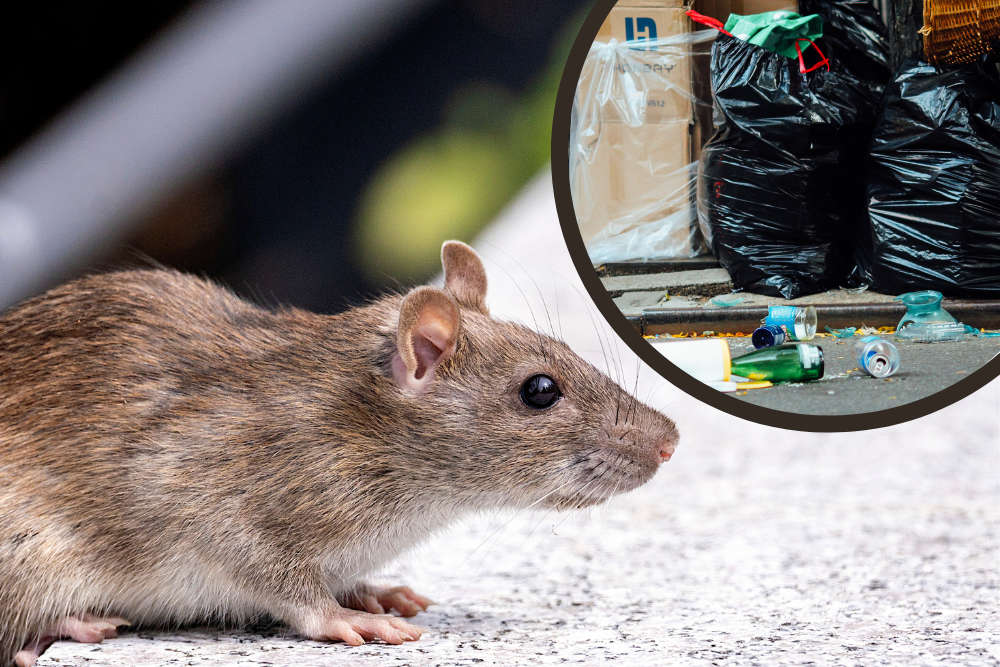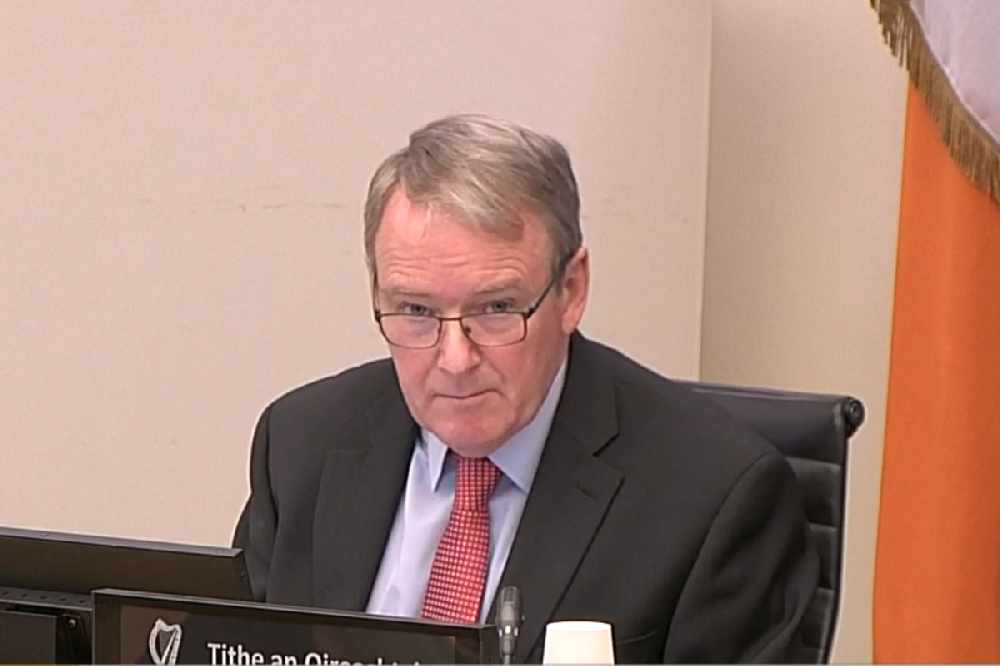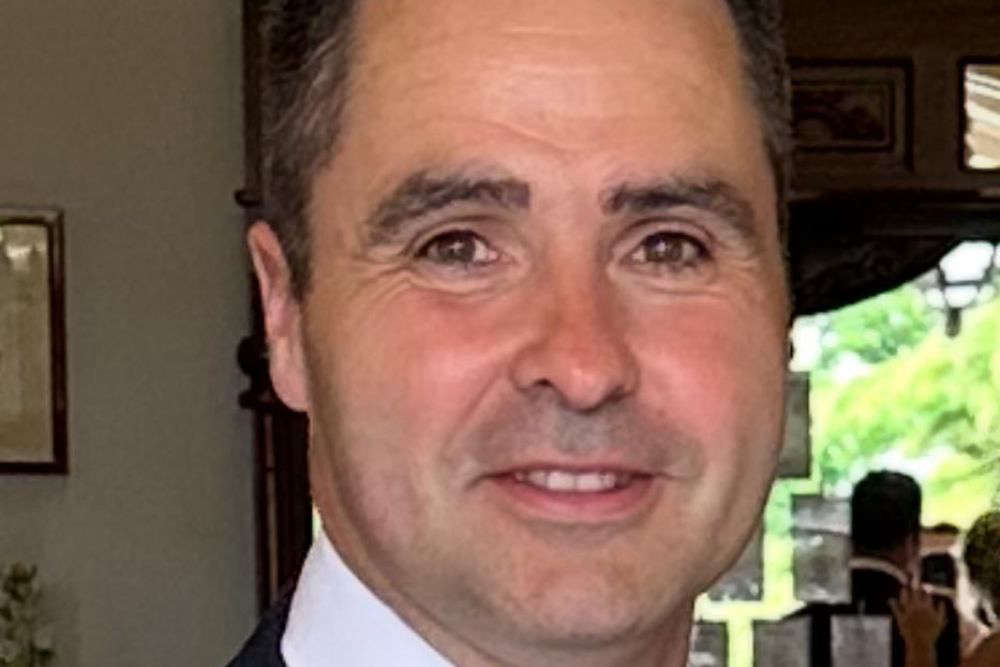
Aisling O'Rourke's dad passed away two years ago after developing sepsis.
Three in five deaths in hospitals last year were linked to sepsis.
Over 12,000 people were treated for sepsis in Irish hospitals last year and one in five of those who develop it will die.
The HSE is working to raise awareness of the symptoms, as part of World Sepsis Day.
Tullamore woman Aisling O Rourke's father passed away from sepsis - she says knowing the signs was vital:
Staff at Midland Regional Hospital Portlaoise (MRHP) are raising awareness of Sepsis on World Sepsis Day. To mark the day the hospital is holding an information stand to promote awareness of the early recognition and treatment of sepsis and the Sepsis Programme across its Paediatric, Adult and Maternity Services.
In addition to the awareness campaign, the hospital is launching the new National Paediatric Sepsis Screening Form. This will help identify sepsis in children at the earliest possible opportunity.
The Sepsis awareness day at MRHP has been organised by the hospital’s Nurse Practice Development Team. Fiona Moore, Nurse Practice Development Co-ordinator says, “One in five people who develop sepsis will die, with early recognition and treatment this risk can be reduced. September is Sepsis Awareness Month and we are urging everyone to be aware of this life-threatening condition and to be familiar with the signs and symptoms and be ready to ask…. “Could this be Sepsis?”
The most commonly reported symptoms include:
Slurred speech, mild agitation, confusion, ‘Not feeling right’
Extreme aches and pains in your joints, temperature of 38? and higher or lower then 36
Have not passed urine in last 12 hours? No urge to pass urine?
Short of Breath. Can you finish a sentence without pausing? Are your lips tinged with blue? Is your heart racing very fast? Are you persistently dizzy when you sit or stand up?
I feel like I’m going to die
Skin appears mottled, blueish in colour or new red rash that is still visible when pressed on by your finger or glass (glass test).
Sepsis in children
Signs and symptoms to look out for include:
Abnormally cold to the touch
Looks mottled, bluish or pale
Breathing very fast
Is unusually sleepy and difficult to wake
Has a rash that does not fade when you press it
Having fits or convulsions
Also, in children under 5, watch in particular if:
Not feeding
Vomiting repeatedly
Has not had a wet nappy in last 12 hours
Sandra McCarthy, Director of Nursing at MRHP says, “Sepsis illness usually begins as a simple infection. This can start anywhere in or on the body. Early recognition and then seeking prompt treatment is key to survival. Although Sepsis can affect anyone, it is more common in the very young, the elderly and people with pre-existing medical conditions or those with a weakened immune system.”
Consultant Endocrinologist & Physician Dr Ma Pyeh Kyithar, Clinical lead on Sepsis at MRHP says, “Recognising Sepsis is very important as Sepsis is a life-threatening medical condition, associated with significant morbidity and mortality if not recognised and not treated promptly. The World Sepsis Day event at MRH Portlaoise aims to promote the importance of Sepsis awareness among our patients, staff and the public.”
Dr. Karn Cliffe, the Interim Chief Director of Nursing and Midwifery with the Dublin Midland Hospital Group says “Your chances of developing sepsis can be reduced by developing some good lifestyle habits, good hygiene, vaccination and knowing risk factors like medical conditions. If sepsis does develop, then early recognition and treatment can improve your chances of making a good recovery. Therefore, knowing the signs and symptoms and asking the question “Could it be Sepsis?” – may save your life or that of a loved one.”
Recent HSE figures reported in excess of 12,000 people were treated for sepsis in hospitals last year with approximately 1 in 5 people dying as a result of developing sepsis. For context, Sepsis kills more people each year than heart attacks, stroke or almost any cancer. Sepsis is a global healthcare problem with an annual death toll in excess of 11 million people.


 Inquest Hears Cause Of Death Of Offaly Farmer Can't Be Determined Due To Embalming
Inquest Hears Cause Of Death Of Offaly Farmer Can't Be Determined Due To Embalming
 Over €30,000 Allocated To Over 80 Sports Clubs Across Westmeath
Over €30,000 Allocated To Over 80 Sports Clubs Across Westmeath
 Gardai Seize Car In Laois With No Gear Stick
Gardai Seize Car In Laois With No Gear Stick
 Numbers of Ukrainians Arriving In Westmeath Slows In Past Year
Numbers of Ukrainians Arriving In Westmeath Slows In Past Year
 Westmeath Band Announce Tour Dates
Westmeath Band Announce Tour Dates
 Laois TD Wants Lambing Season Legislation
Laois TD Wants Lambing Season Legislation
 Laois County Council To Pay €40k To Solve Rat Infestation
Laois County Council To Pay €40k To Solve Rat Infestation
 Rise In Drink Driving In Midlands
Rise In Drink Driving In Midlands
 Westmeath Drive-Thru Gets Green Light
Westmeath Drive-Thru Gets Green Light
 Laois Man Who Died In Workplace Accident To Be Laid To Rest Monday
Laois Man Who Died In Workplace Accident To Be Laid To Rest Monday
 Uncertainty On Incoming US Pharma Tariffs A 'Killer'
Uncertainty On Incoming US Pharma Tariffs A 'Killer'
 EU Commission President Should Resign If No Air Traffic Reform Passed - Ryanair
EU Commission President Should Resign If No Air Traffic Reform Passed - Ryanair
 Permission Granted But Where's The Progress? - Brian Stanley
Permission Granted But Where's The Progress? - Brian Stanley
 Midlands Weekend Festival Guide
Midlands Weekend Festival Guide
 "A Gentleman" - Tributes Paid To Laois Man Killed In Workplace Accident
"A Gentleman" - Tributes Paid To Laois Man Killed In Workplace Accident
 Westmeath Customers Facing Water Supply Disruption
Westmeath Customers Facing Water Supply Disruption
 Fifteen Private Clinics Operating In Public Hospitals In Laois And Westmeath
Fifteen Private Clinics Operating In Public Hospitals In Laois And Westmeath
 Inquest Hears Ventilating Laois Baby In First 11 Minutes After Delivery Not A Factor In His Death
Inquest Hears Ventilating Laois Baby In First 11 Minutes After Delivery Not A Factor In His Death
 Carers Push To Be Heard In Next Budget
Carers Push To Be Heard In Next Budget
 New Late Night Cafe Scheme Set To Launch In Laois
New Late Night Cafe Scheme Set To Launch In Laois